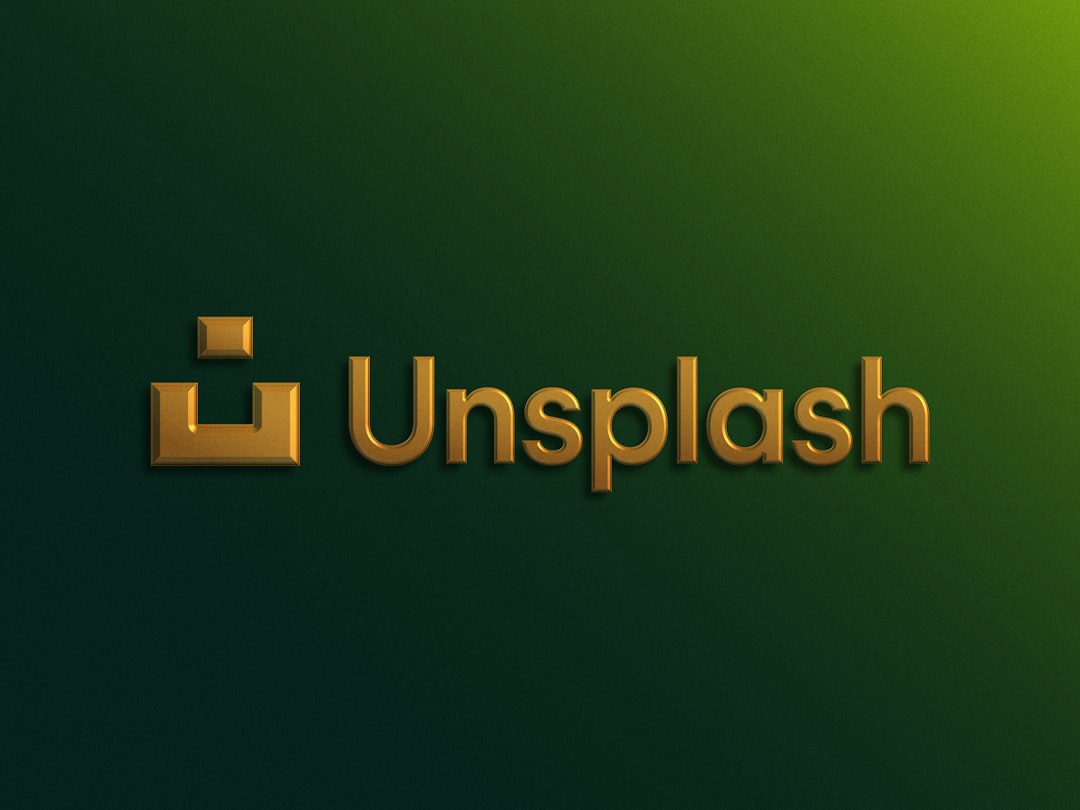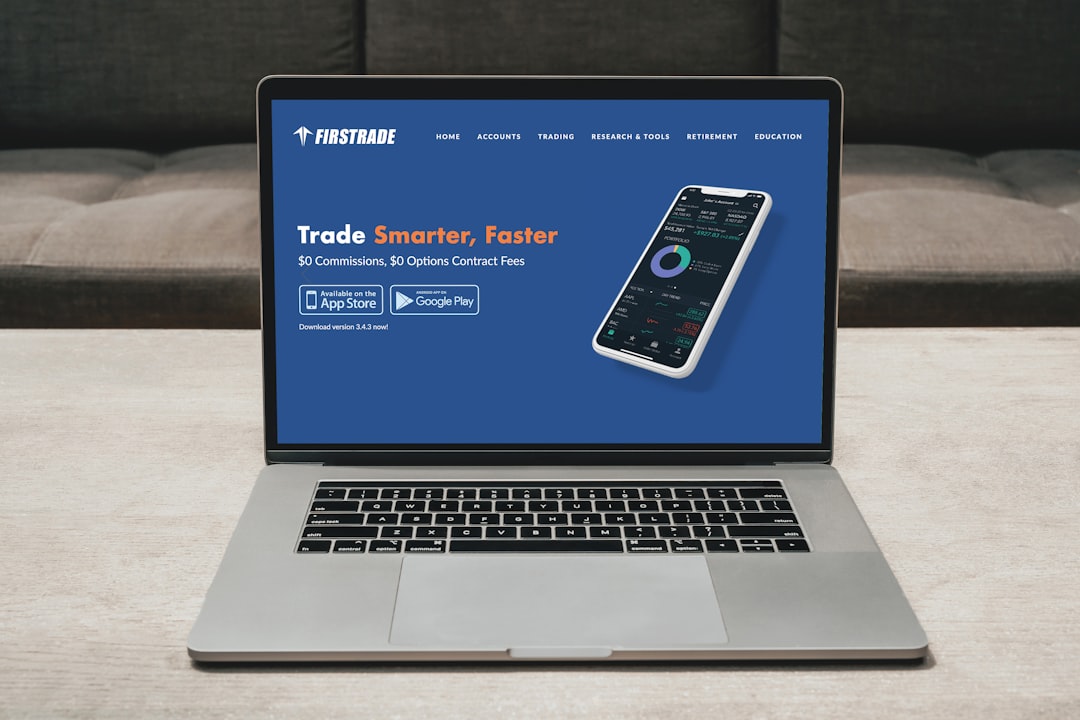Learning Management Systems (LMS) have evolved from static knowledge repositories to smart platforms equipped with advanced content curation and recommendation capabilities. As the demand for personalized learning experiences grows, LMS providers are leveraging artificial intelligence and machine learning to offer tailored content suggestions. This article explores how the top LMS platforms—Moodle, Canvas by Instructure, Blackboard Learn, Docebo, and TalentLMS—handle content curation and recommendations.
1. Moodle
Moodle, being an open-source platform, provides high flexibility in content curation through plugins and integrations. Educators can easily tag content and use metadata to organize resources. Recently, Moodle has enhanced its content recommendation features by supporting integrations with third-party tools like IntelliBoard and My Learning Analytics (MyLA). These tools use learner performance data to offer content suggestions.
Instructors can also enable course completion tracking, which helps Moodle in suggesting relevant resources based on the user’s progress within the course.

2. Canvas by Instructure
Canvas is known for its sleek interface and strong API capabilities that make content curation a seamless experience. Canvas allows instructors to tag and organize content into modules, which helps in building a logical sequence of lessons. Its Learning Mastery Gradebook and analytics dashboards support instructors in identifying learners’ weaknesses and delivering targeted content.
Canvas also provides a Recommendations Engine through its machine-learning based product, Canvas Predict, which helps forecast user engagement and suggest timely interventions. Additionally, Canvas Commons allows educators to pull in curated resources shared across institutions.
3. Blackboard Learn
Blackboard Learn has significantly improved its adaptive learning and content recommendation features in recent years. Through its SmartView and Blackboard Data tools, instructors get insights about learners’ paths and performance patterns. These analytics are used to recommend supplemental resources like videos, readings, or assessments that can assist struggling students.

Blackboard’s integration with Blackboard Ally also ensures content offers inclusive and accessible learning, which is crucial in personalizing educational materials for a diverse set of users.
4) D2L
D2L excels in content curation and recommendation by embedding AI-driven tools within its corporate learning ecosystem. The platform uses intelligent algorithms to analyze learners’ job roles, skills gaps and career trajectories, then automatically suggests personalized development paths and relevant resources. D2L empowers subject-matter experts to contribute content that gets tagged, categorized and surfaced at the right moment; ensuring each employee sees learning aligned to their role and growth. Advanced analytics monitor engagement trends and refinement loops, so the system continually improves the relevance of its content suggestions.
5. Docebo
Docebo stands out for its use of artificial intelligence in handling content curation and recommendations. Its AI algorithm analyzes user behavior, past courses, roles, and skills to auto-curate personalized learning paths. Docebo’s Discover, Coach & Share module empowers users to find content organically or through peer recommendations.
This LMS supports crowdsourced content, where subject matter experts can upload valuable resources. The AI engine then tags and categorizes this content to fit into individual learning journeys. Docebo also uses a Skills Management Framework to associate curated content with role-based upskilling opportunities.
6. TalentLMS
TalentLMS focuses on simplicity and ease of use, and while it may not have complex AI features like Docebo, it provides efficient content organization through categories, tags, and learning paths. TalentLMS enables admin users to curate libraries based on user roles, industries, or departments.
It includes course completion data and quiz performance metrics to make basic recommendations. Its integration with third-party libraries such as Go1 and LinkedIn Learning enhances the breadth of curated materials available for learners.
7. Kallidus Learn
Learning management software by Kallidus provides advanced content curation and recommendation capabilities, helping learners find the most relevant courses and resources quickly. Its AI-driven engine tracks user behavior, progress, and preferences to suggest personalized learning paths, ensuring training is targeted and effective. Kallidus Learn also supports integration with external content libraries and compliance tracking, making it a versatile solution for organizations that want to optimize learning outcomes through intelligent recommendations.
Conclusion
As the eLearning ecosystem continues to grow, content curation and recommendation are becoming essential in enhancing user engagement and learning effectiveness. While platforms like Docebo and Canvas lead in intelligent recommendations through AI, even traditional systems like Moodle and Blackboard are stepping up their analytics to improve content relevancy. The chosen LMS should align with an organization’s specific learning goals, infrastructure, and user base for maximum benefit.
FAQs
- Q: Which LMS has the best AI-driven content recommendation engine?
A: Docebo leads in AI-driven recommendations with its Discover, Coach & Share module and Skills Management Framework. - Q: Can Moodle support personalized learning paths?
A: Yes, Moodle supports learning paths through conditional activities and third-party analytics tools. - Q: Is Canvas suitable for higher education institutions looking for curated resource sharing?
A: Yes, Canvas Commons enables educators to share and import curated resources across institutions. - Q: Does TalentLMS support third-party content integration?
A: Yes, TalentLMS can integrate with Go1, LinkedIn Learning, and other libraries for extended content availability. - Q: How does Blackboard Learn personalize learning experiences?
A: Through analytics dashboards and tools like Blackboard Ally, the platform recommends content based on user progress and accessibility needs.
 logo
logo



